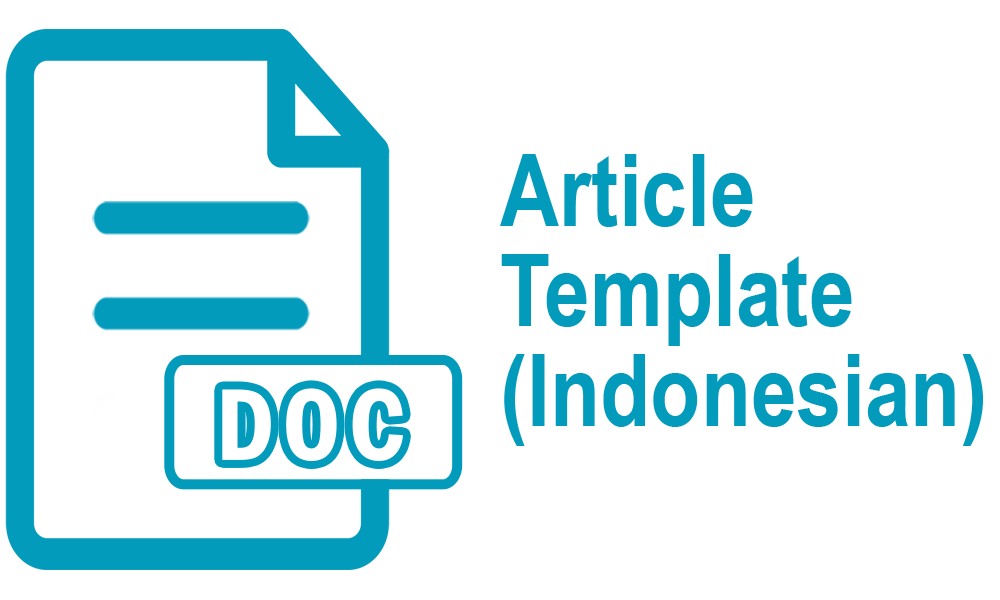STUDENTS’ PERCEPTION OF SCHOOL ENVIRONMENT AND ITS IMPACT ON ENGLISH ACADEMIC ACHIEVEMENT
Abstract
This research aimed to find out: (1) the students’ perception on the impact of school environment on English academic achievement at SMA Negeri 17 Makassar, and (2) the school facilities provided to improve students' English academic achievement. This research employed a qualitative method. The subjects of this research were twenty students of SMA Negeri 17 Makassar, which were recruited through a purposive sampling technique. The data of this research were collected through interviews. The obtained data were analyzed in four major phases: data collection, data display, data condensation, and conclusion. The result of this research is presented descriptively in order to reveal the students’ perception comprehensively. (1) It was found that the impact of school environment on student English academic achievement based on students perception: 60% students believed the impact was significant, 30% students believed the impact was not significant, and 10% students believed there was no impact of school environment on English academic achievement and (2) there are two major facilities that has impact on students’ English academic achievement, they are library and language-based extracurricular (SEEDS).
Keywords
Full Text:
PDFReferences
Abisamra, N. S. (2000). The Relationship Between Emotional Intelligence and Academic Achievement in Eleven Graders. Retrieved from http://www.nadasisland.com/research.intell2.html, retrieved on February 24, 2017.
Ahmad,S.F., Gilkar,N.A., and Darzi, J.A. 2008. Organizational behavior. India: Atlantic Publisher and Distributors (P) Ltd.
Ajayi, M. A and Ogunyemi, Y. (1990). Effect of learning environment on students’ academic achievement in Lagos State secondary schools. Unpublished MED thesis University of Nigeria.
Afe, J.O. (2001). Reflection on Becoming a Teacher and the Challenges of Teacher Education. Inaugural Lecture Series 64. Benin City: University of ccBenin, Nigeria.
Akande, O.M. (1995). Hints on teaching practice and general principles of education. Lagos, OSKO Associates.
Balogun, T.A. (2002). Improvisation of Science Teaching Equipment. Journal of the Science Teachers Association, 20 (2), 72-76.
Chamber Dictionary Online. 2017. Perception. Retrieved on april 21, 2017 from http://www.chambers.co.uk/search.php?query=perception&title+21st.
Creswell, J. W. 2007. Qualitative Inquiry Research Design. USA: SAGE Publications.
Crosnoe, R., Monica, K & Glen, H. (2004).School Size and The Interpersonal Side of Education: an Examination of Race/Ethnicity and Organizational Context. Social Sciences Quarterly, 85(5), 1259-1274.
Eamon, M. K. 2005. Socio-demographic, School, Neighbourhood, and Parenting Influence on Academic Achievement of Lationo Young Adolescents. Journal of Youth and Adolescents, 34(20), 163-175.
Eccles, J. (2003). Extracurricular activities and adolescent development. Journal of Social Issues, 59(4),865-889.
Fabunmi, M. (1997). Differential allocation of educational resources and secondary school academic performance in Edo State, Nigeria. An unpublished Ph.D. Thesis, University of Ibadan.
Freiberg, H. J. (1999). Measuring School Climate: Let Me Count the Ways. Educational leadership, 56(1), 22-26.
Gage & Berliner, N.L., Berliner, D.C. 1992. Educational Psychology.5th Edition. Boston: Houngton Mifflin Company.
Gay, L.R., et al. 2006. Educational Research :Competencies for Analysis and Application (Eight Edition). Colombus: Pearson Prentice Hall.
Good, T. (2009). Teacher effectiveness in the elementary school: What do we know about it now?.Journal of Teacher Education, 30, 52-64.
Hammed, T. 2009. Perception and Conflict. National Open University of Nigeria.
Kara, J., &Russell, S.T. 2001. Adolescents Sexual Orientation and Suicide Risk: Evidence from a National Study. American Journal of Public Health, 91(8), 1276-1281.
Lassiter, K. (July 1995). "The Relationship between Young Children's Academic Achievement and Measures of Intelligence". Psychology in the Schools 32: 170–177.
Lawrence, A.S. 2012. School Environment & Academic Performance of Standard Six Students, Journal of Education and Industrial Studies in The World, vol.2, issue 3 article 22.
Lehr, C. A. (2004). Positive school climate: Information for educators. National Association of School Psychologists, S4, 75–78. Retrieved from http://www.nasponline.org/communications/spawareness/schclimate_ho.pdf
Mehta , R. . (1996). Managing international distribution channel partners: A cross-cultural approach. Journal of Marketing Channel, 17 (2 ), 89– 117.
Merisotis, J. & Phipps, R. 1999. What’s the Difference? Outcomes of Distance vs. Traditional Classroom.Based Learning. Change Volume 31 (2), pp 12-17.
Miles, M.B., Huberman, A.M. and Saldana, J. (2014) Qualitative Data Analysis: A Methods Sourcebook. Sage, London.
Muleyi, G. 2008. Effect of Home Factors and Type of School on Academic Performance of Girls in Bungoma District. Unpublished M.Phil.Thesis.Moi University, Eldoret.
Odeh, R.C. 2015.Influence of School Environment on Academic Achievement of Students in Secondary School in Zone “A” Nigeria. International Journal of Recent Scientific Research, vol.6, issue 7, pp. 4914-4922.
Rasyid, Muhammad Amin. 2015. Language and cognition ( Lecture materials on Psycholinguistics).
Usaini, M.I. 2015.The Influence of School Environment on Academic Performance of Secondary School Students in Kuala Terenggganu, Malaysia. Journal of International Conference on Empowering Islamic Civilization in the 21st Century.
Webster Dictionary Online. 2017. Environment. Retrieved on June, 2017 from: https://www.merriam-webster.com/dictionary/environment?src=search-dict-hed.
DOI: http://dx.doi.org/10.30872/jbssb.v6i4.11534
Refbacks
- There are currently no refbacks.
Copyright (c) 2023 Eka Pratiwi Sudirman
Editorial address:
Fakultas Ilmu Budaya, Universitas Mulawarman
Jl. Ki Hajar Dewantara, Gunung Kelua, Kec. Samarinda Ulu, Kota Samarinda, Kalimantan Timur, Indonesia 75123
Email: jurnalilmubudaya.fibunmul@gmail.com
Website: http://e-journals.unmul.ac.id/index.php/JBSSB
Ilmu Budaya: Jurnal Bahasa, Sastra, Seni, dan Budaya is licensed under a Creative Commons Attribution-ShareAlike 4.0 International License






